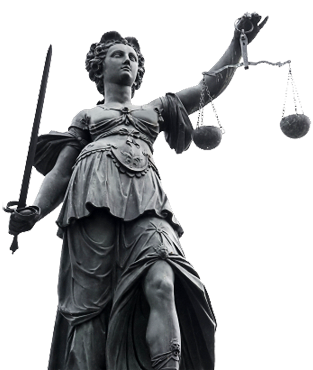Bankruptcy is a course of action under which both consumers and businesses can eradicate or pay back some or all of their debts and loans under the guidelines of the federal bankruptcy court. Bankruptcy can be primarily categorized into either liquidation or reorganization.
Bankruptcy basics:- Chapter 7 and Chapter 13
Chapter 7 of bankruptcy covers the liquidation category. Chapter 7 of bankruptcy is called liquidation because the bankruptcy custodian may take or sell (“liquidate”) some of your assets in order to pay back or cover some of your debt. However, debtor may keep assets that are exempted under state law. There are several types of restructured bankruptcies, though Chapter 13 of bankruptcy is widely acceptable by consumers. In Chapter 13 of bankruptcy, debtor keep all of his property, but he must repay all debt or settled debt amount in form of monthly installment over a period of three to five years.
Chapter 7 and Chapter 13 of bankruptcy are abide by set of rules and certain exceptions to these rules such as
- Regarding which debts are covered.
- What type of property debtor can and cannot keep.
- Who can file for bankruptcy?
What are pre-requisits for filing bankruptcy relief?
The current law for bankruptcy states that a debtor must consult credit consular before filing for bankruptcy protection. Debtor must accomplish credit counseling within six months from authorized agencies by regional U.S. Trustee. One important requisite along with credit counseling is to obtain a debtor education course certificate for completing course before procuring a discharge for debts. Debtor education course certificate has to be filed mandatory with the Bankruptcy Court.
What is the automatic stay?
An automatic stay in terms for bankruptcy law is an self-regulating injunction that freeze actions by creditors, with certain exemptions, to secure debts from a debtor who has proclaimed bankruptcy. The creditors should are refrained from calling you when you file for bankruptcy. Once you receive your case number by bill collector in the court, creditors will stop calling you. You can sue them in case if creditors don’t stop calling you after receiving case number.
The creditor have to wait for the stay to be lifted in order to repossess your assets, after applying to the court. The stay of court can end in either of one situation
- Completion of 45 days after 341 meeting
- Case is discharged.
What is a discharge?
A discharge is a mandatory injunction against the continuation or commencement of an action (or the employment of process, or an act) to collect, retrieve or offset a debt as a personal financial obligation of the debtor. In other words, you are not obliged to pay debt anymore.
Do I have to go to court?
I most cases the debtors must appear once at a meeting with the trustee. All your creditors are invited to the meeting, but they rarely send anyone. It’s called a 341 meeting because that the section of the Bankruptcy Code that required the meeting.
The Trustee assigned to your case will ask you questions about your bankruptcy filing, assets, debts, income and expenses. If any creditors show up, they may ask you questions.
Banking with Wells Fargo.
If you bank with Wells Fargo, change banks before you file for bankruptcy, they will freeze your accounts. If you are on an account with a parent that banks with Wells Fargo, they will freeze that account too!
Contact here if you are looking for Attorneys in Austell to handle your bankruptcy and tax law case.

